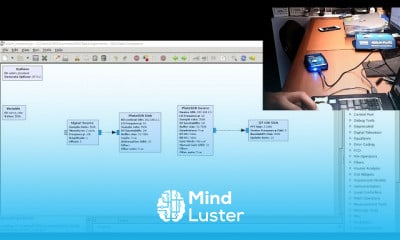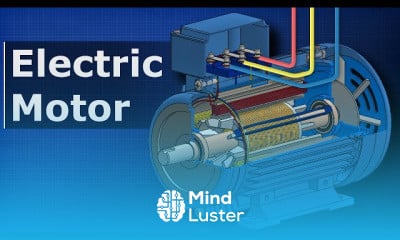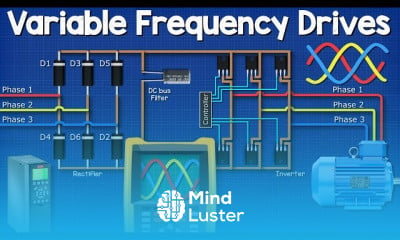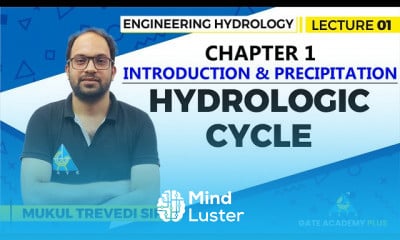Wire vs cable ¦ Difference between Wire and Cable ¦ Drive by Wire vs Drive by Cable ¦
Share your inquiries now with community members
Click Here
Sign up Now
Lesson extensions
Lessons List | 205
Lesson
Show More
Lessons
Comments
Related Courses in Engineering
Course Description
Electrical Power systems types course,
in this course we will learn about the Electrical Power Systems types, exploring the diverse range of systems used to generate, transmit, distribute, and utilize electrical power. Students will delve into the fundamental differences between residential, commercial, and industrial power systems, understanding the unique requirements and configurations of each. Key topics include high voltage and low voltage power systems, their applications, and safety considerations. We will also cover renewable energy power systems such as solar, wind, and hydroelectric, and their integration into existing power grids. The course will introduce smart grid and microgrid technologies, emphasizing their role in modernizing and enhancing the efficiency and reliability of power systems. Additionally, we will explore distributed generation systems, AC and DC power systems, and hybrid power systems that combine multiple sources of energy. Practical examples and case studies will provide real-world insights into the design, implementation, and maintenance of these systems. By the end of the course, participants will have a comprehensive understanding of various electrical power system types and be equipped with the knowledge to apply this understanding in different settings, ensuring optimal performance and sustainability.
Trends
French
Graphic design tools for beginners
HTML and HTML5 Hindi
Photoshop Color Swatch essentials
Chinese Characters Chinese Character Level 1
Electrical engineering for engineer
Apple Macbook repairing techniques
Play piano
Power BI dashboard essentials
Console Control Techniques
Artificial intelligence essentials
Kubernetes and Docker
Certified in CyberSecurity
Build E Commerce website using HTML
Python Programming in Arabic
English vocabulary verbs
Basic english verbs grammar for beginners
English Conversation Vocabulary
Python for beginners
Essential english phrasal verbs
Recent
Bioinformatics basics
Bioinformatics databases
Vitamin A to Z tablets
Best zoology books
Best cream for piles pain
Laser surgery for piles
Best cream for piles
Anal fissure treatment
Best antibiotics for diseases
Antibodies structure
Macrophage structure
Drosophila genetics
Diagnostic tests
Bioinformatics
Genetics
Gene therapy
Kidney structure
DNA replication and types
Bacterial cell structure
Parasite structure


















